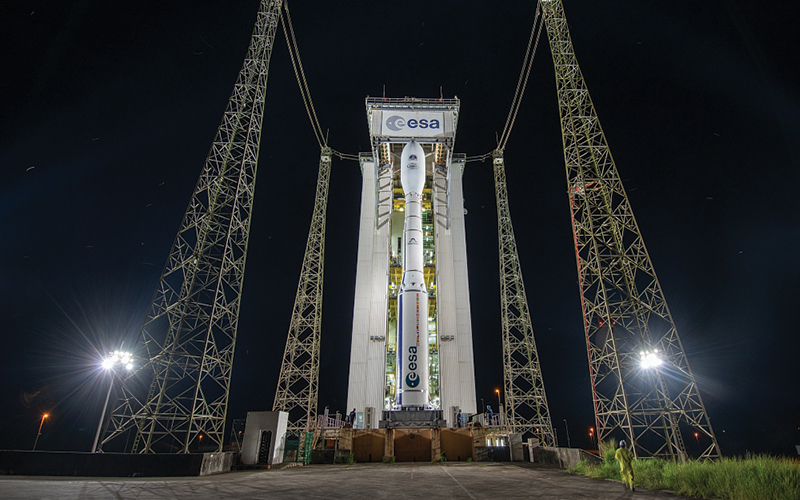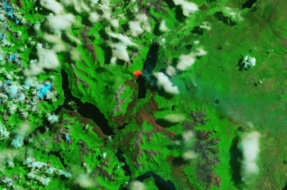The European Space Agency announced on Friday that an eroded engine nozzle component caused the Vega C rocket failure in December. Yuzhnoye, the Ukrainian nozzle component supplier, will now need to be replaced. The supplier swap will push back the next Vega-C launch attempt to late 2023.
A mishap with high stakes: “I would claim we are in a crisis,” ESA Director General Josef Aschbacher said on Friday. “This is really a moment where we need to reflect deeply on how to regain independent access to space for Europe.”
This recent failure marks another setback for the European launch scene, which has now experienced three Vega launcher failures in eight attempts, and a number of Ariane 6 schedule slips.
With a return to flight for Vega C and a maiden flight of Ariane 6 set for late 2023—at best—ESA and European satellite operators will have to continue looking elsewhere to tackle a growing backlog of spacecraft that need rides to space. Last month, Swedish broadband provider Ovzon said it would launch the Ovzon 3 on a Falcon 9 in the back half of the year due to its own manufacturing delays and Arianespace being unable to accommodate the schedule shift.
Waiting in the wings? Though the European launch sector is in crisis mode, a range of privately developed small launch vehicles are passing key milestones and due to attempt orbital flights in the next two years.
Editor’s note: An earlier version of this story stated that Vega C had experienced three failures in eight attempts. That error has been corrected.




